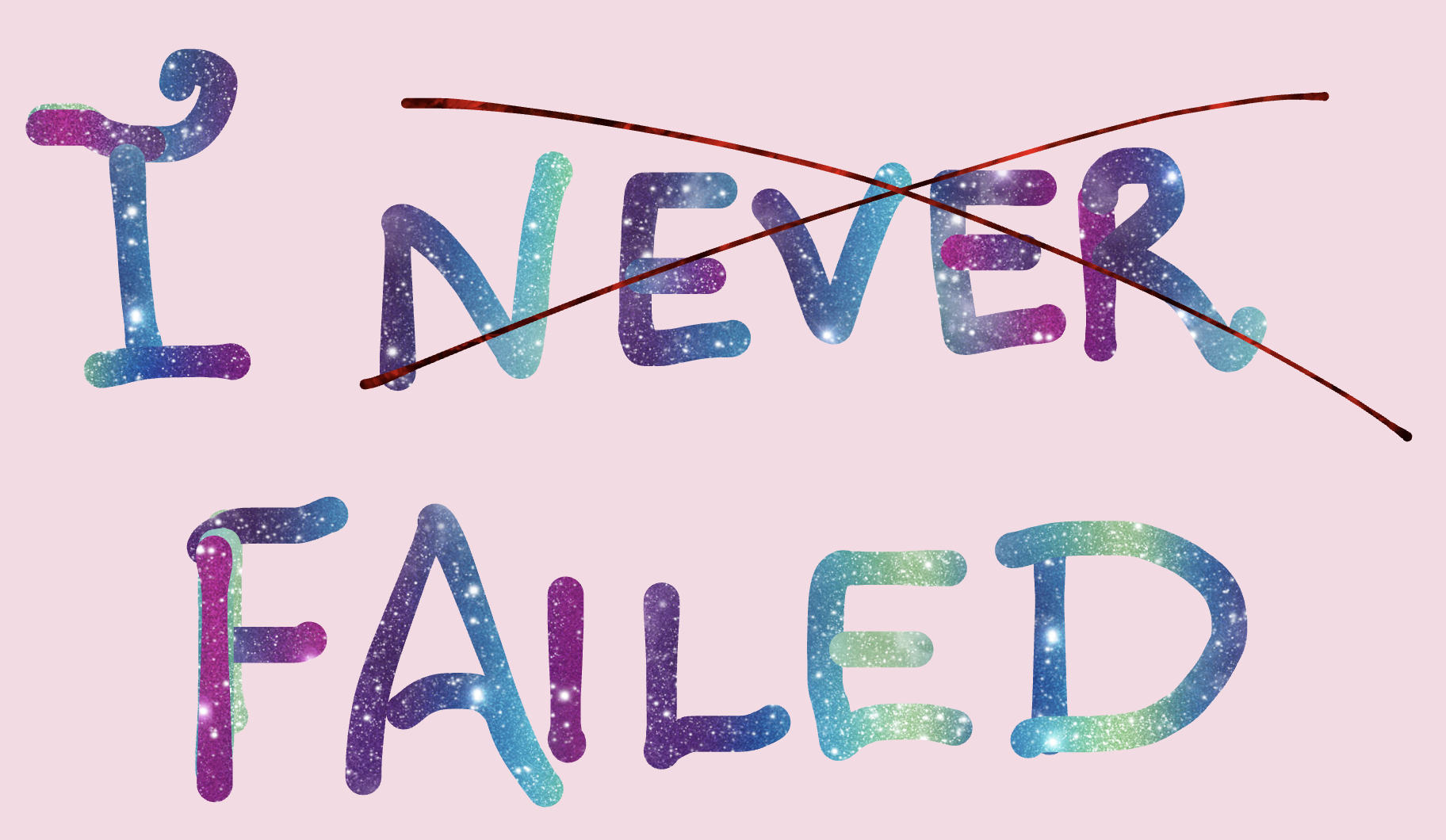December 2024

Tell Me About a Time You Failed
By Ayushri Jain
Failure is a topic that often feels uncomfortable to discuss, especially in spaces where success is celebrated as the ultimate goal. When I was first asked, "Tell me about a time you failed" during an interview, my instinct was to play it safe. I worried that revealing a failure might cast me in a negative light, so I gave a polished, surface level answer that lacked authenticity. Unsurprisingly, it did not resonate. What I have since learned is that discussing failure is not about confessing weakness - it is about highlighting your resilience, learning process, and growth. Whether in an interview, a mentoring session, or casual conversation, your ability to own and learn from your setbacks can leave a lasting impression. Here is how to approach this question with authenticity and impact.
Step 0: Accept That Failure Is Inevitable
Before you can reframe failure as feedback, it is essential to acknowledge its inevitability. At some point in life, everyone fails. And that's not just okay - it is necessary. If you have never failed, it probably means you have avoided risks or challenges that could lead to meaningful growth. Failure is a sign that you are pushing your boundaries and striving for more.
Example:
❌ Bad: "I have never really failed because I make sure to avoid situations where failure is possible."
✅ Good: "I believe failure is a natural part of growth. If I had not encountered challenges that tested me, I would not have gained the insights and skills that I value most today. Accepting failure as part of the process has been crucial to my development."
This perspective not only normalizes failure but also reframes it as an integral part of learning and success. Acknowledging that you have failed makes your response authentic and relatable, paving the way to show how you have grown from the experience.
Step 1: Reframe the Failure as a Lesson
Failures are not just missteps; they are opportunities to learn. To craft a compelling answer, focus less on what went wrong and more on how it led to personal or professional growth.
Example:
❌ Bad: "I failed to meet a project deadline because I underestimated the workload."
✅ Good: "I once underestimated the workload for a project and missed the initial deadline. It was a wake-up call about the importance of realistic time management and clear communication with my team. Since then, I have implemented strategies like breaking tasks into smaller milestones to ensure I stay on track."
This approach does not gloss over the failure but instead frames it as a transformative learning moment.
Step 2: Emphasize Resilience and Growth
Failure tests your ability to bounce back. When you share a story, focus on how the experience shaped your future behavior or fueled your determination.
Example:
❌ Bad: "I did not get accepted into the graduate program I applied for."
✅ Good: "When I was not accepted into my first-choice graduate program, it was disappointing, but it also motivated me to reflect on my application and seek feedback. I used that time to strengthen my skills and experiences, which helped me get into an even better-suited program the following year."
This response highlights your ability to adapt and persevere in the face of challenges.
Step 3: Make It Memorable with a Personal Story
A specific, relatable story makes your response stand out. Choose an example that aligns with the context - whether academic, professional, or personal - and shows what you have learned.
Example:
❌ Bad: "I failed a class once, but I moved on."
✅ Good: "During my first semester of graduate school, I struggled to balance my coursework and research, which led to underperforming in a key class. That experience taught me the value of time management and seeking help when needed. I started using a structured planner and proactively communicating with my professors, and my performance improved dramatically in the following semesters."
A well-told story humanizes your response and makes it relatable, showing both vulnerability and strength.
Step 4: Showcase Your Growth Mindset
Failure is not a dead end; it is a steppingstone. Convey your belief that setbacks are a natural and essential part of growth.
Example:
❌ Bad: "I try to avoid failure at all costs."
✅ Good: "I view failure as a natural part of taking risks and trying new things. Each time I encounter a setback, I reflect on what went wrong and look for ways to improve. It is not always easy, but those experiences have been pivotal in shaping my problem-solving and adaptability."
This framing demonstrates optimism and a proactive attitude toward challenges.
Final Thoughts…
The question "Tell me about a time you failed" is less about the failure itself and more about your ability to reflect, learn, and grow. By reframing failure as a steppingstone, emphasizing resilience, and sharing a meaningful story, you can turn a potentially daunting question into an opportunity to showcase your character and determination. Remember, failure is not the opposite of success - it is part of the journey. How you handle it can be what truly sets you apart.
